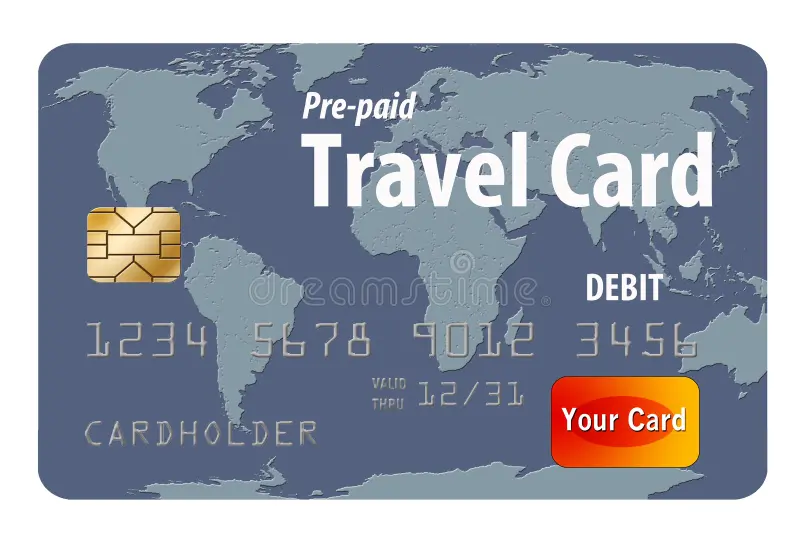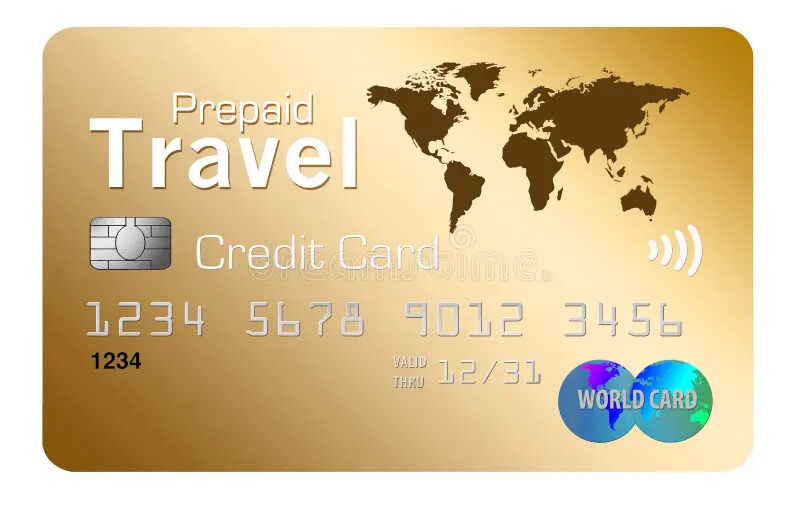Travel cards, also known as travel credit cards or travel money cards, have become indispensable tools for modern travelers. These cards offer a range of benefits that can enhance your travel experience, from saving money on foreign transactions to providing valuable travel perks. In this comprehensive guide, we’ll explore the various advantages of using a travel card and address frequently asked questions to help you understand how to maximize the benefits of these cards during your travels.
What is a Travel Card?
A travel card is a financial product designed specifically for use during travel. These cards can be either credit cards that offer travel-related rewards and benefits or prepaid cards that allow you to load multiple currencies before you travel. They are tailored to provide conveniences such as lower foreign transaction fees, travel insurance, and rewards points that can be redeemed for travel-related expenses.
Benefits of Using a Travel Card
1. No Foreign Transaction Fees
One of the most significant advantages of travel cards is the absence of foreign transaction fees. Traditional credit and debit cards often charge a fee for purchases made in foreign currencies, typically around 3%. Travel cards eliminate this fee, allowing you to save money on every purchase you make abroad.
2. Favorable Exchange Rates
Travel cards often offer better exchange rates compared to exchanging cash at currency exchange booths or using traditional credit or debit cards. This means you get more value for your money when spending in a foreign currency.
3. Rewards and Points
Many travel credit cards offer rewards programs that allow you to earn points or miles for every dollar spent. These points can be redeemed for flights, hotel stays, car rentals, and other travel-related expenses. Some cards even offer bonus points for spending in certain categories, such as dining or travel purchases.
4. Travel Insurance and Protections
Travel cards often come with a range of travel insurance benefits, including trip cancellation/interruption insurance, baggage delay insurance, and travel accident insurance. These protections can save you significant money and hassle if something goes wrong during your trip.
5. Airport Lounge Access
Premium travel cards frequently offer complimentary access to airport lounges worldwide. Lounges provide a comfortable place to relax, with amenities such as free food and beverages, Wi-Fi, and showers, enhancing your travel experience.
6. Emergency Assistance
Travel cards typically provide 24/7 emergency assistance services, which can be invaluable if you encounter issues such as lost cards, medical emergencies, or travel disruptions. This support can include emergency card replacement and cash advances.
7. Global Acceptance
Travel cards, particularly those issued by major networks like Visa, Mastercard, and American Express, are widely accepted around the world. This ensures you can use your card for payments and cash withdrawals in most destinations without hassle.
8. Enhanced Security
Travel cards offer enhanced security features, including EMV chip technology and sometimes even biometric verification. Additionally, many cards provide zero liability protection, meaning you won’t be held responsible for unauthorized transactions if your card is lost or stolen.
9. Convenience and Budgeting
Prepaid travel cards allow you to load multiple currencies before you travel, making it easier to manage your budget. You can lock in exchange rates in advance, avoid carrying large amounts of cash, and reload the card as needed during your trip.
Choosing the Right Travel Card

When selecting a travel card, consider the following factors:
- Fees and Charges: Look for cards with no or low foreign transaction fees, annual fees, and ATM withdrawal fees.
- Rewards Program: Choose a card with a rewards program that matches your spending habits and travel preferences.
- Travel Benefits: Consider the travel insurance, lounge access, and other perks offered by the card.
- Acceptance: Ensure the card is widely accepted in your travel destinations.
- Security Features: Opt for a card with robust security features to protect your finances while traveling.
Frequently Asked Questions (FAQs)
Q1: What is the difference between a travel credit card and a prepaid travel card?
A: A travel credit card is a type of credit card that offers rewards and benefits related to travel, such as no foreign transaction fees and travel insurance. A prepaid travel card, on the other hand, allows you to load multiple currencies onto the card before you travel. You spend the preloaded funds as you would with a debit card, without incurring debt.
Q2: How do I earn rewards with a travel credit card?
A: You earn rewards points or miles by making purchases with your travel credit card. Some cards offer bonus points for spending in specific categories, such as travel, dining, or groceries. The accumulated points can be redeemed for travel-related expenses, such as flights, hotel stays, and car rentals.
Q3: Can I use my travel card to withdraw cash abroad?
A: Yes, most travel cards allow you to withdraw cash from ATMs abroad. However, it’s important to check for any associated fees, such as ATM withdrawal fees or cash advance fees, and to ensure the ATM accepts your card’s network (Visa, Mastercard, etc.).
Q4: What kind of travel insurance benefits do travel cards offer?
A: Travel insurance benefits can vary by card but often include trip cancellation/interruption insurance, baggage delay insurance, travel accident insurance, and rental car insurance. Some premium cards also offer medical evacuation and emergency assistance coverage.
Q5: Are travel cards accepted everywhere?
A: Travel cards issued by major networks like Visa, Mastercard, and American Express are widely accepted around the world. However, it’s always a good idea to carry some local currency or a backup payment method for use in smaller establishments or in remote areas where card acceptance may be limited.
Q6: How can I maximize the benefits of my travel card?
A: To maximize your travel card benefits, use the card for all eligible purchases to earn rewards points, take advantage of travel-related perks such as lounge access and travel insurance, and avoid incurring unnecessary fees by understanding the card’s terms and conditions. Additionally, pay your balance in full each month to avoid interest charges.
Q7: Is it safe to use a travel card abroad?
A: Yes, travel cards are generally safe to use abroad. They often come with enhanced security features such as EMV chip technology, and issuers provide fraud monitoring and zero liability protection. However, it’s important to follow best practices, such as keeping your card in a secure place and promptly reporting any lost or stolen cards.
Q8: Can I load multiple currencies on a prepaid travel card?
A: Yes, many prepaid travel cards allow you to load and hold multiple currencies simultaneously. This feature is especially useful if you are traveling to multiple countries with different currencies, as it simplifies managing your travel budget and reduces the need for multiple currency exchanges.
Conclusion
Travel cards offer a plethora of benefits that can make your travel experience more enjoyable, secure, and cost-effective. From saving on foreign transaction fees to earning rewards and enjoying travel perks like lounge access and travel insurance, these cards are valuable tools for any traveler. By choosing the right travel card and understanding how to maximize its benefits, you can enhance your travel adventures and make the most of your journeys.
